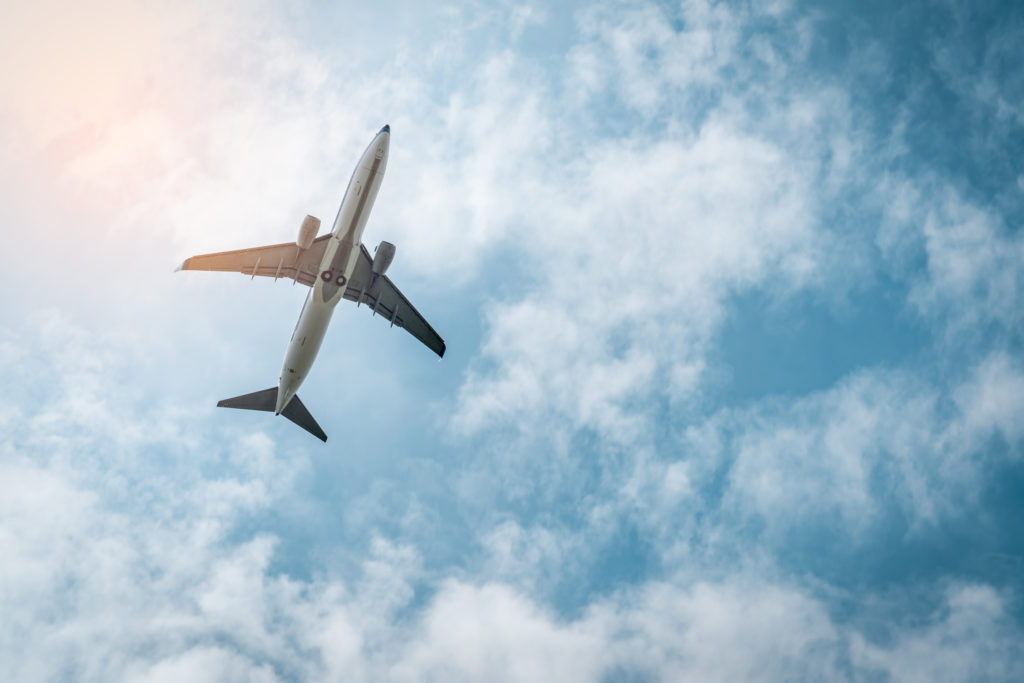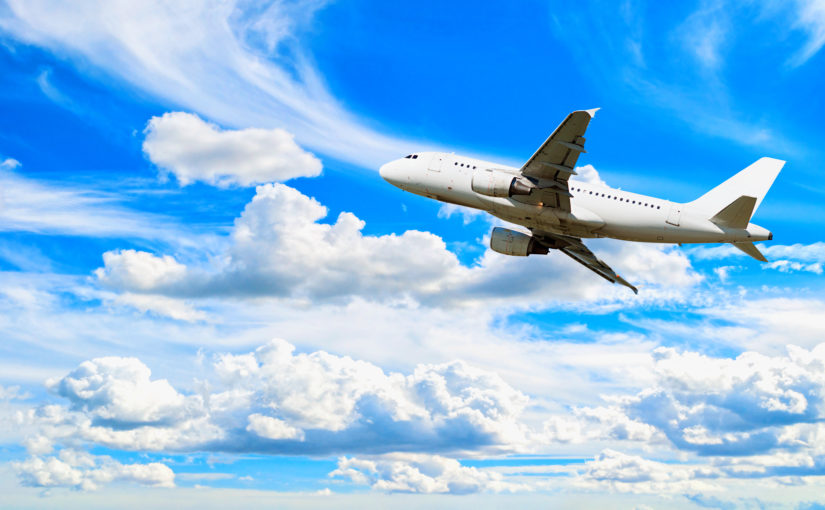We live in a time where travel is prevalent — both for work and leisure. However, this travel can come at a large cost to the planet by way of carbon emissions, and some travel habits truly have a huge impact.
Flights, for example, are relatively cheap to buy but planes produce very high carbon emissions. Until new aircraft arrives, flights will, unfortunately, remain one of the most significant contributors to the issue of climate change.
So, how can we all travel in an eco-friendlier way? We’ve gathered some ideas for you below.
Change your flight habits

If you can avoid flight until aeroplanes powered in a more earth-friendly manner arrive, that would be ideal. However, that is a big ask for most people — especially those of us living on islands, such as the UK, which aren’t as well connected as mainland Europe.
Alternatively, cutting down flights is a big help — especially business trips which see you outbound and inbound in just one or two days. Could you conduct your business over the internet instead?
There’s arguement for favouring short haul flights over long haul because the higher altitudes reached by planes on long haul flights results in a larger carbon output.

However, more fuel is used during take-off and landing, so when that is considered, short haul flights are no better for the environment. Fly direct where possible, for this reason.
As there is more room per person in business class, there is more carbon produced per person, so fly economy when you can. Business class is also less likely to be filled to its capacity and is more likely to be associated with more luggage (which weighs the aeroplane down and therefore creates more carbon emissions).
Offsetting the carbon produced by your flights is an option, but it doesn’t undo the damage that has already been done.
You may not be backpacking, but it’s still advantageous to travel light when flying. Heavier bags lead to more fuel being burnt — it’s also hard work carrying huge bags around with you!
Use public transport or get walking

Trains can often get you from A to B (such as London to Paris) in a similar timeframe, but with a far lower carbon footprint. In fact, Eurostar found that by taking the train on this journey instead of a plane, you would cut your carbon emissions by 91 per cent!
Petrol and diesel cars are also big carbon emitters. Rent electric, if possible and you must have a car.
Where a train isn’t an option for you, try other public transport such as a bus or coach, as these often emit less carbon per person.
When it comes to shorter distances, the best option is always to walk or cycle, as neither of these methods produces carbon, and a bonus is that both are very good for your health.
Arrived at your destination and want to explore? Choose local trains, trams, walking, and cycling.
Stay in an eco-conscious hotel

This is becoming a more accessible option, as more and more hotels become aware of their carbon footprint and what they can do about. Before you book your accommodation, check the eco credentials for all your options — this may include looking at:
- Energy type — renewable is the ultimate goal
- Energy saving appliances
- Energy consumption
- Catering
If you enjoy tent camping, this can be a great low carbon option for your travels too.
In summary, research your trips well before you book anything, and look out for low carbon options. Also, avoid flying, where possible. Why not try a staycation this year?
Find more tips for eco-friendly travel, here.
